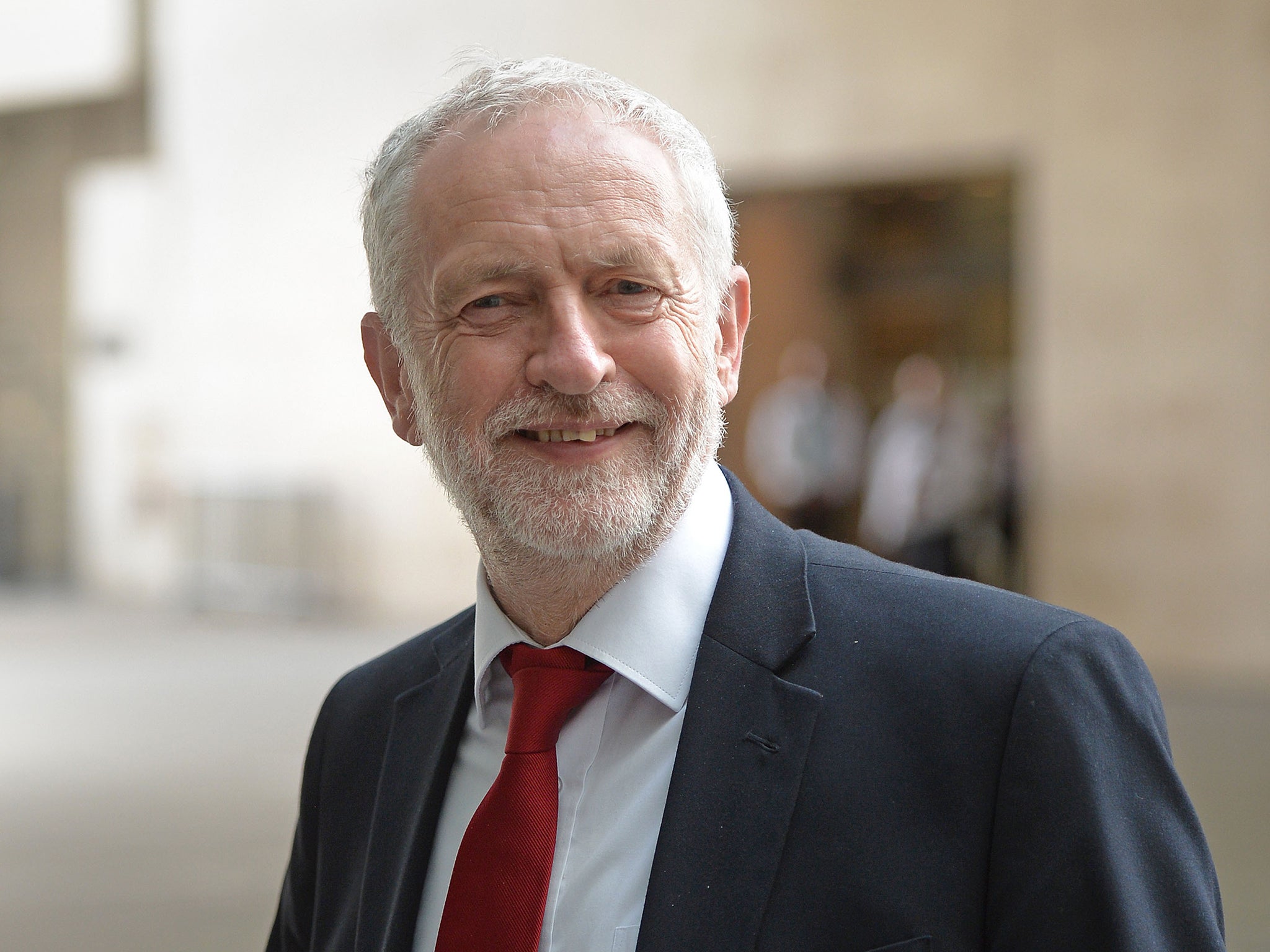Odds of Jeremy Corbyn becoming next Prime Minister slashed in half since snap election called
'Like his magic money tree, Corbyn's support has grown rapidly in recent weeks,' says bookmaker's spokesperson

Your support helps us to tell the story
From reproductive rights to climate change to Big Tech, The Independent is on the ground when the story is developing. Whether it's investigating the financials of Elon Musk's pro-Trump PAC or producing our latest documentary, 'The A Word', which shines a light on the American women fighting for reproductive rights, we know how important it is to parse out the facts from the messaging.
At such a critical moment in US history, we need reporters on the ground. Your donation allows us to keep sending journalists to speak to both sides of the story.
The Independent is trusted by Americans across the entire political spectrum. And unlike many other quality news outlets, we choose not to lock Americans out of our reporting and analysis with paywalls. We believe quality journalism should be available to everyone, paid for by those who can afford it.
Your support makes all the difference.The odds on Jeremy Corbyn becoming Britain's next Prime Minister have been slashed in half since the snap general election was first called, according to high-street bookmaker Paddy Power.
On 19 April, the day after Theresa May called the vote, the odds of the Labour leader entering 10 Downing Street were 4/1.
But a week after a shock election result that saw the Conservative Party lose its overall majority in the House of Commons, the odds were shortened to just 2/1.
Ms May's election campaign was derailed by the Tory's proposed "dementia tax", a policy it appeared to abandon in Wednesday's Queen's Speech.
The Prime Minister has more recently faced criticism for failing to speak to victims of the Grenfell Tower fire in the wake of the disaster.
Meanwhile, Mr Corbyn comforted victims and residents near the scene, many of whom were searching for friends.
Analysis of election data has found that Mr Corbyn's stronger-than-expected performance was caused in part by the highest turnout among young people since 1992.
Head of PR at Paddy Power, Lee Price, said: “Like his magic money tree, Corbyn's support has grown rapidly in recent weeks ... At the start of May, Corbyn was a huge 10/1 outsider to be next PM — now, with the end of May seemingly imminent, he's just 2/1."
A YouGov survey carried out in the aftermath of the general election found Ms May had become almost as unpopular as Mr Corbyn was at his nadir before the 8 June vote.
The Labour leader’s personal approval increased from a historic low of minus 42 to the comparative heights of zero in the survey taken on 11-12 June.
Meanwhile, the public’s opinion of the Prime Minister had plummeted from 10 per cent at the start of the campaign, to minus 34.
Subscribe to Independent Premium to bookmark this article
Want to bookmark your favourite articles and stories to read or reference later? Start your Independent Premium subscription today.
Join our commenting forum
Join thought-provoking conversations, follow other Independent readers and see their replies
Comments